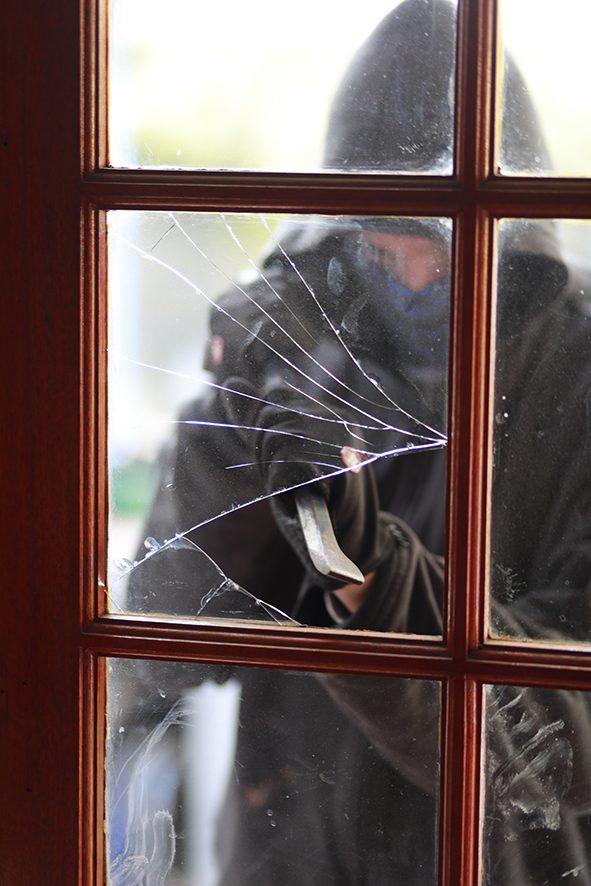The reality of loadshedding continues in South Africa and many consumers want to know exactly what their insurance cover entails.
The country’s biggest short-term insurer, Santam, this month said it saw a 60% increase in power surge-related claims by the end of June. The claims mostly relate to damage to electronics because of power surges caused by loadshedding episodes, which have become the norm in the country.
Santam said it had been inundated with enquiries on a range of issues pertaining to whether loadshedding is an insurable risk, to its impact on claims, among others.
The company’s head of Personal Lines Underwriting, Attie Blaauw, has shared the following insights:
Are there insurance products that cover loadshedding?
Loadshedding or blackouts are not an insurable risk under an insurance contract. However, some insurers do offer cover for damage to sensitive electronic items that are caused by power surges. Power surges and dips happen as a result of loadshedding.
When loadshedding stages increase, so does the frequency of the rotational power cuts, which has a replica impact in increased risk of damage to sensitive electronic items due to power surges, fires and crime, for example, burglaries, as a
result of security systems not operating properly.
She advises consumers and businesses to revisit their insurance policies to ensure they have sufficient cover, which includes potential damage caused by power surges.
“In some cases, it is included, and in other cases it is an optional add-on for which the appropriate cover limit must be selected. The power surge cover limit should also be reassessed regularly to ensure all new electronic equipment is covered for the correct replacement value,” Blaauw says.
Blaauw offers these tips to assist South African consumers and businesses to protect their devices and stay safe during loadshedding:
- Make use of surge protection: Installing a surge protection device can help minimise some damage in unforeseen situations. Have a surge protection device fitted to your electrical distribution board, or alternatively, at the power outlet to the electronic device.
- Ensure that your alarm system is in a good working condition and that the back-up battery is fully functional to provide power to the system in the event of loadshedding.
- Spare torch or headlamp: Keep a torch in your car if you arrive home at night during a power outage. Most smartphones have a built-in torch or torch apps, which come in handy during unexpected power outages.
- Charge your cellphone, laptop and tablet: Ensure your cellphone, laptop and tablet devices are fully charged ahead of scheduled blackouts. Be sure to charge them again as soon as possible after the power returns. It is also a good idea to have an emergency phone charger (like a power bank) close by. This comes in handy during extended power outages.
- Unplug your devices: This can help avoid power surge damage when the supply is restored.
- Back up your data: It is always important to back up data in case of a hard drive crash or unforeseen electrical fault. Online “cloud-based” backups are very convenient and are mostly automated, which means that you have one less thing to worry about.
For more business news from Sunday World, click here.
Follow @SundayWorldZA on Twitter and @sundayworldza on Instagram, or like our Facebook Page, Sunday World, by clicking here for the latest breaking news in South Africa. To Subscribe to Sunday World, click here




